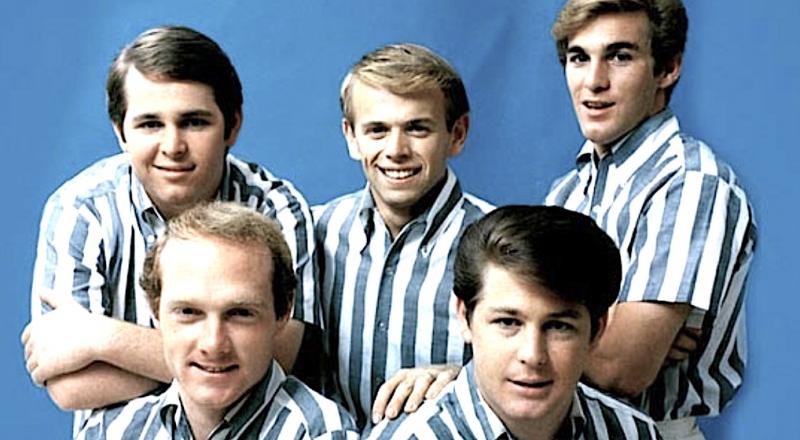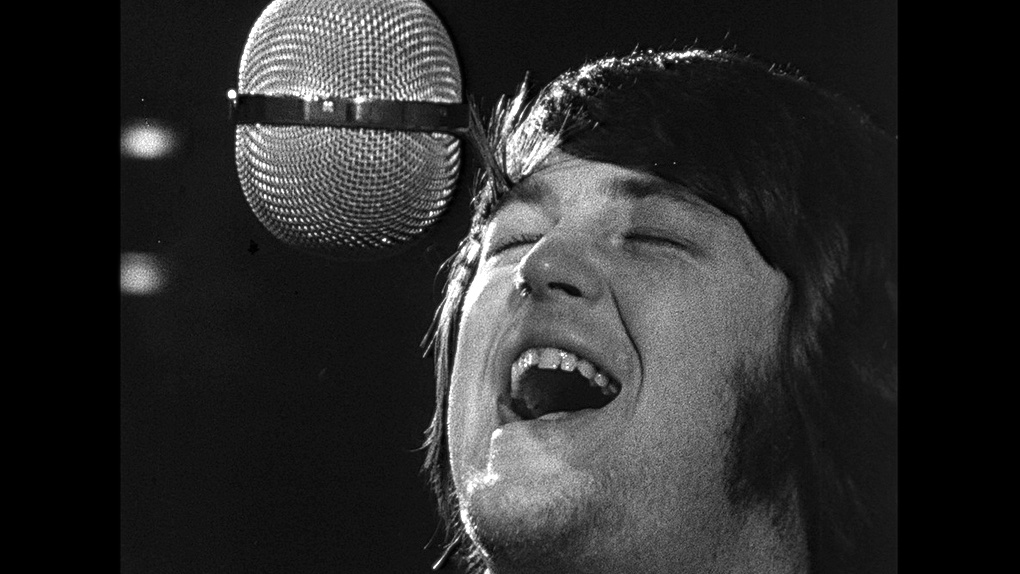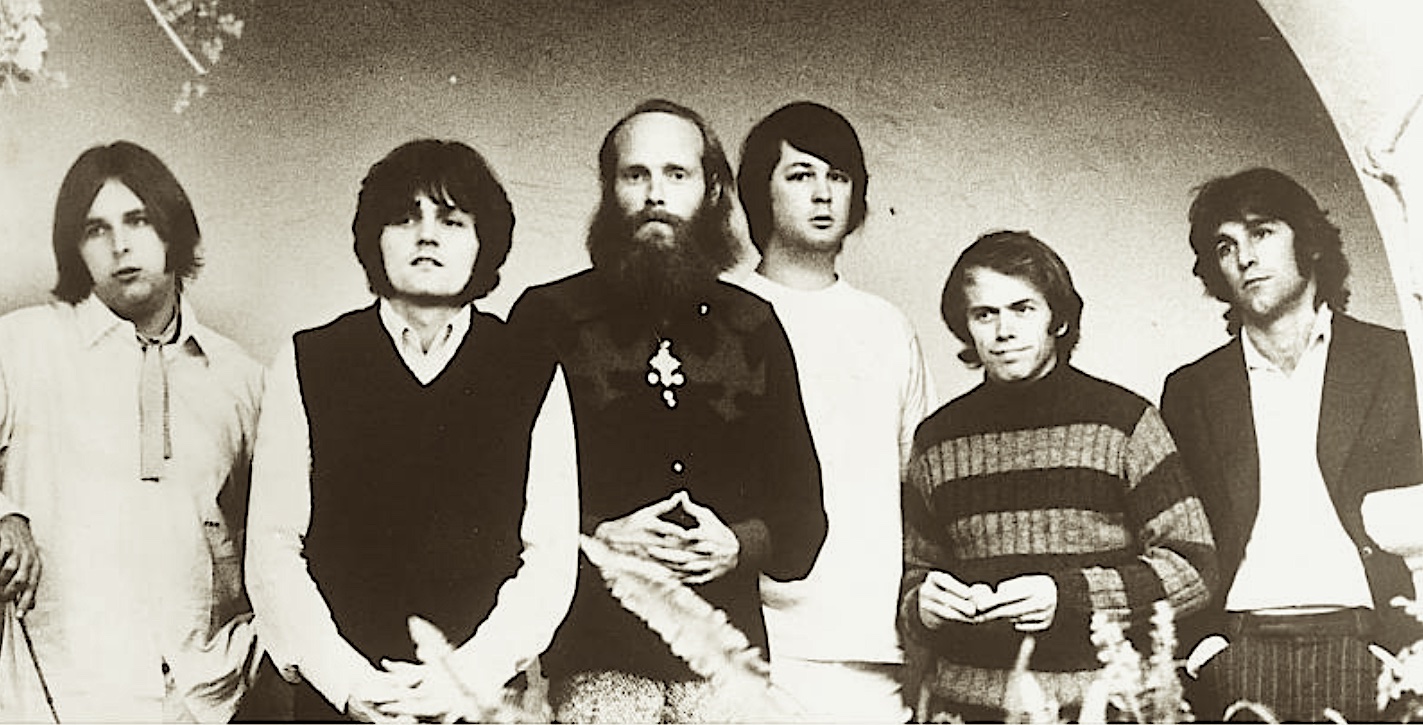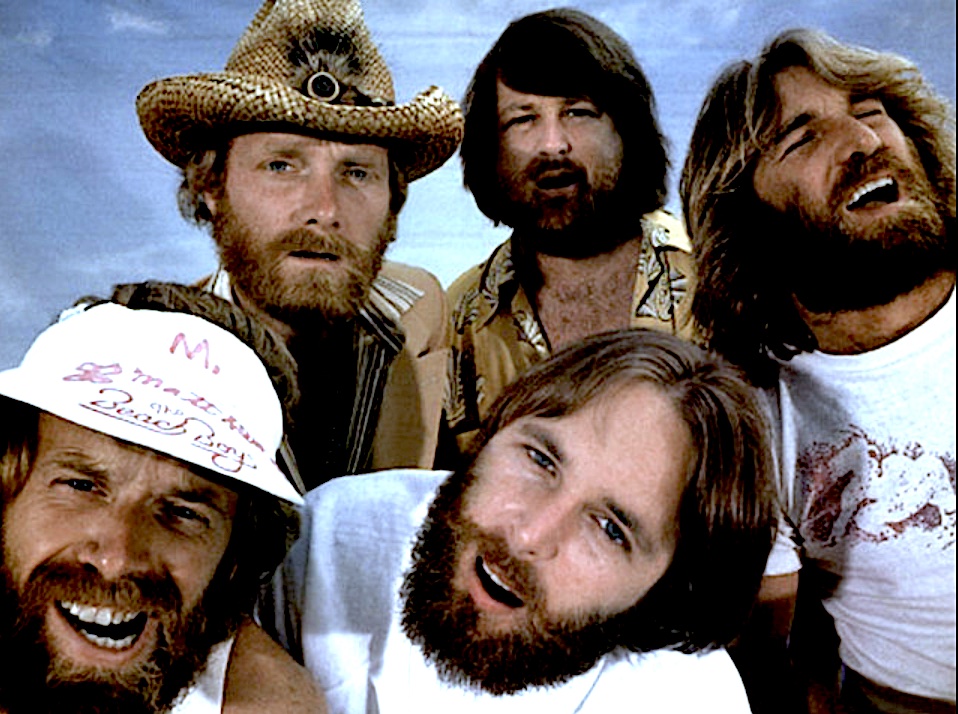The Beach Boys, Disney+ review - heroes and villains and good vibrations | reviews, news & interviews
The Beach Boys, Disney+ review - heroes and villains and good vibrations
The Beach Boys, Disney+ review - heroes and villains and good vibrations
Stylish retelling of the Beach Boys saga could use sharper teeth

It was – let’s see – 63 years ago today that Brian Wilson taught the band to play. Fabled for their resplendent harmonies and ecstatic hymning of the sun-kissed California dream, the Beach Boys seemed to represent everything golden and glorious about the mythic American West Coast. If you lived in Detroit or Deptford, it looked like a wonderland indeed.
But as we now know from a variety of books and documentaries, the history of the Beach Boys would prove to be long, tortuous and bittersweet, littered with casualties and various kinds of heartbreak. Disney+ have brought the heavy mob in to make this new documentary. It’s directed by Frank Marshall (one of the founders of the Amblin production company) and Thom Zimny (a regular collaborator with Bruce Springsteen), while writer Mark Monroe has worked on a string of projects including Ron Howard’s film about Pavarotti and Netflix’s Harry & Meghan farrago (pictured below, Brian Wilson).
 The end result of their labours is a beautiful-looking film, though not an especially insightful one. Its long and winding narrative – though mercifully much shorter than Disney’s Bon Jovi four-parter – is greatly enhanced by evocative period footage from all eras of the group’s story. Scenes of California beaches and low-rise LA suburbs (such as Hawthorne, where the Wilson brothers grew up) are seen through a nostalgic shimmer of grainy film and sun-drenched colours, while extensive use is made of powerful black and white portraits of the band-members. As the Beach Boys grow into an international phenomenon and bring the mythology of surfing to all corners of the planet, there are emotive scenes of foreign tours, with clamouring fans, cheesy TV shows, the band boarding yet another aircraft and mid-Sixties shots of London’s Regent Street, lit with a magical golden glow.
The end result of their labours is a beautiful-looking film, though not an especially insightful one. Its long and winding narrative – though mercifully much shorter than Disney’s Bon Jovi four-parter – is greatly enhanced by evocative period footage from all eras of the group’s story. Scenes of California beaches and low-rise LA suburbs (such as Hawthorne, where the Wilson brothers grew up) are seen through a nostalgic shimmer of grainy film and sun-drenched colours, while extensive use is made of powerful black and white portraits of the band-members. As the Beach Boys grow into an international phenomenon and bring the mythology of surfing to all corners of the planet, there are emotive scenes of foreign tours, with clamouring fans, cheesy TV shows, the band boarding yet another aircraft and mid-Sixties shots of London’s Regent Street, lit with a magical golden glow.
There are new interviews with the surviving veterans Mike Love, Al Jardine, Bruce Johnston and early member David Marks, and though the publicity material says there’s a new interview with Brian, who we learned recently is being treated for dementia, I couldn’t spot it. The film treads carefully around Brian’s health problems, suggesting that too many psychedelic drugs may have played their part but not delving into the more troubling extremes of his behaviour. There’s no mention of Dr Eugene Landy, the conman-shrink who kept Wilson a drugged-up virtual prisoner for almost a decade while soaking him for $35,000 a month and writing himself into Brian’s will, nor any reference to Wilson’s much-praised return to the limelight with stage versions of the Pet Sounds and SMiLE albums. Perhaps they didn’t want the film to be too Brian-heavy, but his extraordinary mad-genius saga will always be at the core of the Beach Boys’ mystique.
 If there’s a villain here, it’s the Wilson brothers’ father, Murry. A bullying ogre who used to slap his sons around, Murry was also afflicted with delusions of adequacy about his own songwriting. The band-members acknowledge his effectiveness in hustling the band into the limelight in their early days – “he was promoting the shit out of us,” says Marks – but eventually Brian and Mike Love had to bite the bullet and sack him when he tried to tell them how to make records.
If there’s a villain here, it’s the Wilson brothers’ father, Murry. A bullying ogre who used to slap his sons around, Murry was also afflicted with delusions of adequacy about his own songwriting. The band-members acknowledge his effectiveness in hustling the band into the limelight in their early days – “he was promoting the shit out of us,” says Marks – but eventually Brian and Mike Love had to bite the bullet and sack him when he tried to tell them how to make records.
Love himself gets plenty of screen time, quite a bit of it filled with him complaining about how his lyric-writing contributions to many songs went uncredited by Murry, who controlled the Beach Boys’ publishing. Murry’s final knife-twisting act was to sell the band’s catalogue for $700,000, without bothering to mention it to them beforehand (consider that Springsteen and Bob Dylan recently sold their music publishing rights for $550m and $300m respectively).
 Another depressing aspect of the saga is the premature deaths of the younger Wilson brothers. Carl had stepped up as bandleader when Brian became a recluse, while Dennis was not only the sole Beach Boy who actually went surfing, he was evolving rapidly into a talented songwriter in his own right when he died aged 39 in 1983. He’d been left traumatised by his ill-starred liaison with aspiring songwriter Charles Manson, not realising that he was also a psychotic maniac. The Beach Boys recorded the Dennis Wilson/Manson composition "Never Learn Not To Love" on their 20/20 album.
Another depressing aspect of the saga is the premature deaths of the younger Wilson brothers. Carl had stepped up as bandleader when Brian became a recluse, while Dennis was not only the sole Beach Boy who actually went surfing, he was evolving rapidly into a talented songwriter in his own right when he died aged 39 in 1983. He’d been left traumatised by his ill-starred liaison with aspiring songwriter Charles Manson, not realising that he was also a psychotic maniac. The Beach Boys recorded the Dennis Wilson/Manson composition "Never Learn Not To Love" on their 20/20 album.
Some of the guest talking heads don't add much to the proceedings, but there’s good value from Fleetwood Mac’s Lindsey Buckingham and members of the fabled Wrecking Crew session band, including Carol Kaye and Don Randi. The latter pair worked with Brian in the studio and can attest to his remarkable composing and arranging gifts.The film reminds us that the band’s story is one of the great legends of pop history, but this doesn’t feel like the last word on the subject.
rating
Explore topics
Share this article
The future of Arts Journalism
You can stop theartsdesk.com closing!
We urgently need financing to survive. Our fundraising drive has thus far raised £49,000 but we need to reach £100,000 or we will be forced to close. Please contribute here: https://gofund.me/c3f6033d
And if you can forward this information to anyone who might assist, we’d be grateful.

Subscribe to theartsdesk.com
Thank you for continuing to read our work on theartsdesk.com. For unlimited access to every article in its entirety, including our archive of more than 15,000 pieces, we're asking for £5 per month or £40 per year. We feel it's a very good deal, and hope you do too.
To take a subscription now simply click here.
And if you're looking for that extra gift for a friend or family member, why not treat them to a theartsdesk.com gift subscription?

Add comment